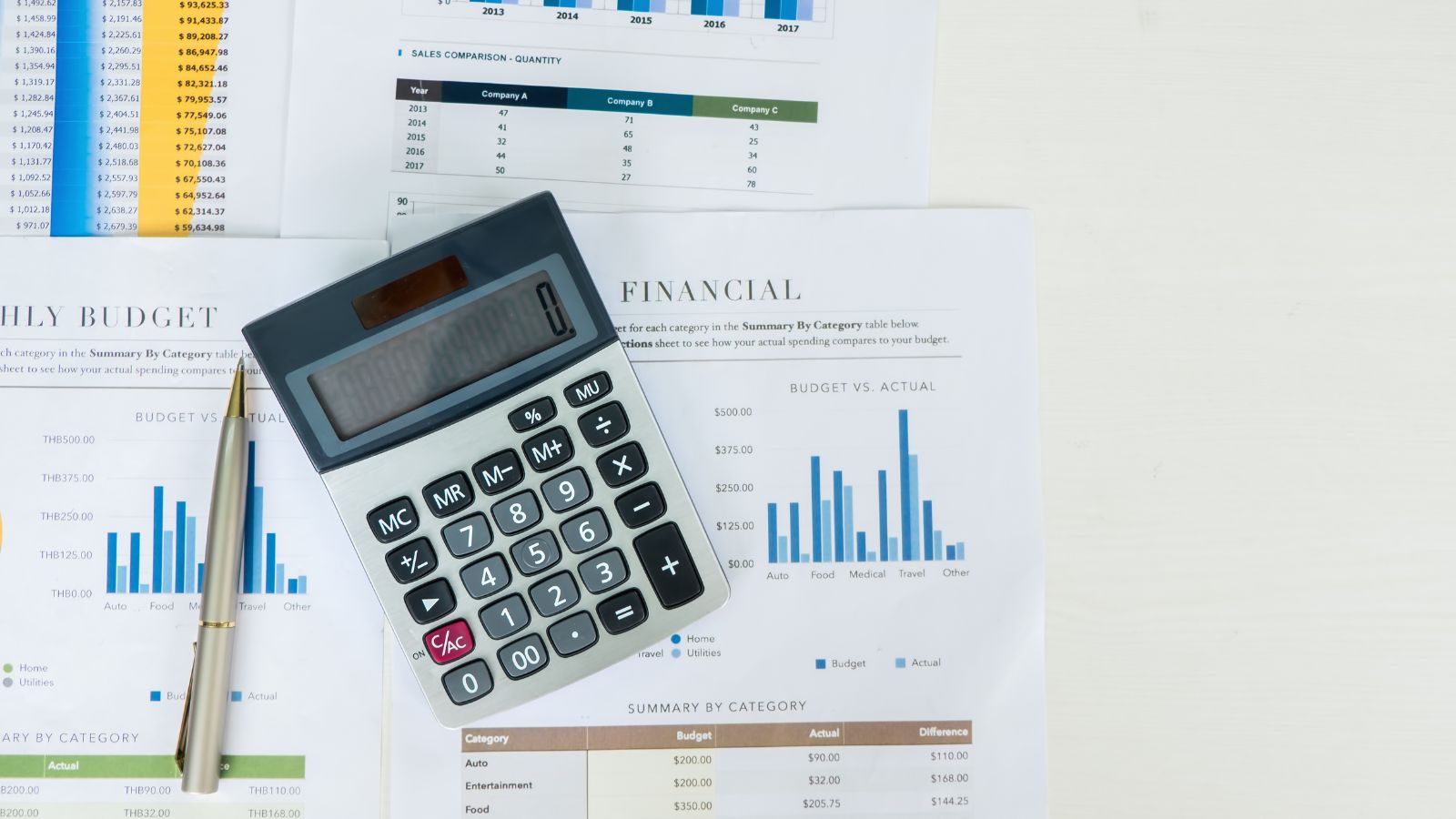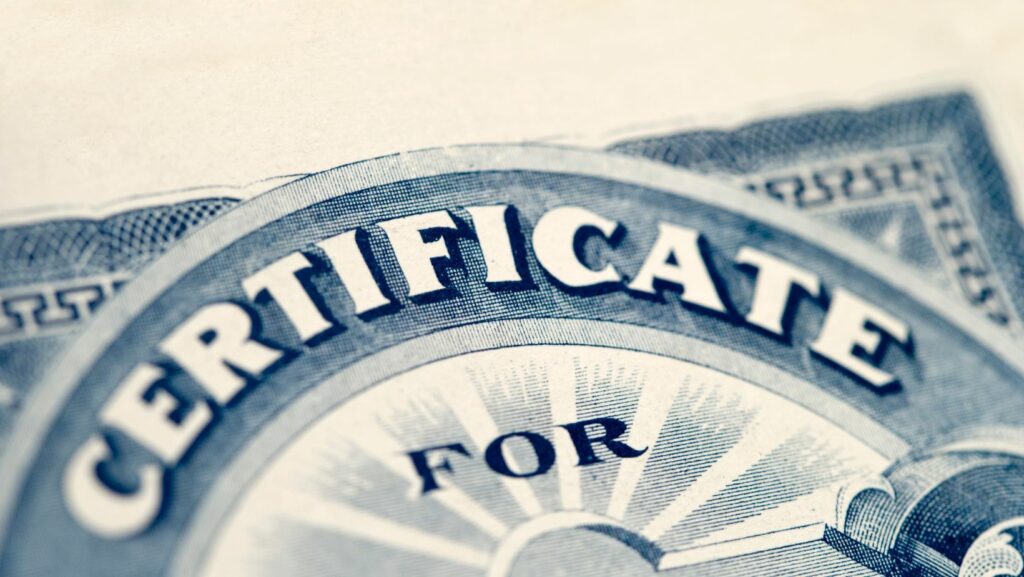Introduction:
Achieving financial stability and growth doesn’t necessarily require drastic changes or complex strategies. Often, it’s the simple, consistent habits that pave the way to a healthier financial life. By integrating straightforward practices into your daily routine, you can build a strong foundation for lasting financial well-being.
In this comprehensive guide, we’ll explore eight fundamental money habits that can transform your financial trajectory. Each section delves into practical steps and insights to help you implement these habits effectively. Whether you’re looking to save more, spend wisely, or invest for the future, these habits offer a roadmap to achieving your financial goals.
Track Your Expenses to Understand Spending Patterns:
One of the most impactful steps toward financial awareness is diligently tracking your expenses. By recording every expenditure, you gain a clear picture of where your money is going, allowing you to identify areas where you might be overspending. This insight is crucial for making informed decisions about budgeting and saving.
To implement this habit, consider using budgeting apps or maintaining a daily spending journal. Regularly reviewing your expenses not only highlights unnecessary costs but also reinforces mindful spending. Over time, this practice can lead to significant savings and a more disciplined approach to managing your finances.
Create and Stick to a Realistic Budget:
Budgeting serves as a financial blueprint, guiding your spending and ensuring that your income is allocated effectively. A well-structured budget accounts for essential expenses, savings, investments, and discretionary spending, providing a balanced approach to managing your money.
We Buy Houses in Kentucky: Assess your monthly income and fixed expenses. Allocate funds for necessities such as housing, utilities, and groceries, then designate portions for savings and investments. The remaining funds can be used for discretionary spending. Regularly reviewing and adjusting your budget helps maintain financial stability and ensures that your spending aligns with your goals.
Automate Savings to Ensure Consistent Growth:
Automating your savings is an effective strategy to build wealth effortlessly. By setting up automatic transfers from your checking account to a savings or investment account, you prioritize saving and reduce the temptation to spend impulsively.
This approach ensures that a portion of your income is consistently directed toward your financial goals, whether it’s building an emergency fund, saving for a major purchase, or investing for retirement. Over time, automated savings can accumulate significantly, providing financial security and enabling you to take advantage of investment opportunities.
Limit Unnecessary Debt to Maintain Financial Freedom:
Classic Car Deals: Managing debt is crucial for maintaining financial health. While some debt, like mortgages or student loans, can be considered investments in your future, accumulating high-interest debt from credit cards or personal loans can hinder your financial progress.
To avoid unnecessary debt, practice mindful spending and differentiate between wants and needs. Before making purchases on credit, assess whether it’s essential and if you can afford to pay it off promptly. By limiting unnecessary debt, you preserve your financial freedom and reduce the burden of interest payments.
Explore Smart Investment Platforms for Financial Growth:
As you become more financially literate, investing becomes an essential part of your long-term wealth-building strategy. With more digital platforms available than ever, it’s important to choose reliable options that offer ease of use, strong security, and low fees—especially if you’re exploring crypto investments. For Canadians, finding the best crypto exchange Canada is key to safely buying, selling, and storing digital currencies while staying compliant with Canadian regulations.
Investing in crypto can be a smart addition to a diversified portfolio, especially if you’ve already built a strong foundation through budgeting and saving. Just like any investment, it’s important to understand the risks involved, start small, and never invest money you cannot afford to lose.
Set Clear Financial Goals to Stay Motivated:
Establishing clear, achievable financial goals provides direction and motivation for your financial journey. Whether it’s saving for a down payment, building an emergency fund, or planning for retirement, having specific objectives helps you focus your efforts and measure progress.
Break down larger goals into smaller, manageable milestones and set realistic timelines for achieving them. Regularly reviewing and celebrating your progress reinforces positive financial behaviors and keeps you motivated to continue working toward your objectives.
Analyses For Your Bank Statements Regularly To Catch Errors And Overspending:
Many people overlook their bank statements, assuming everything is fine if their card works and there’s money left at the end of the month. But reviewing your statements regularly is one of the simplest and most underrated money habits. It helps you identify billing errors, fraudulent charges, hidden fees, and patterns of overspending that might be slipping under the radar.
Set a reminder to review your statements weekly or bi-weekly. As you go through each transaction, highlight anything that seems off or unnecessary. Ask yourself if the purchase was planned, if it provided value, and whether it could be avoided in the future. This habit keeps you aware of where your money is really going and empowers you to make smarter decisions with every dollar.
Use Financial Reminders To Avoid Late Fees And Boost Your Credit Score:
Missing payment due dates can damage your credit score and result in unnecessary late fees, even if you have the money to pay. One of the easiest habits to avoid this is setting up payment reminders or automatic payments. It keeps your bills on track and protects your financial reputation without requiring constant mental effort.
Use calendar alerts, banking apps, or bill management tools to notify you a few days before each due date. If possible, automate the minimum payment and manually pay off the rest to avoid interest. Over time, this simple routine not only protects your credit score but also helps you build trust with lenders—making it easier to qualify for better rates when you need them.
Practice Gratitude To Shift Your Mindset From Scarcity To Abundance:
While money habits often focus on numbers and strategies, your mindset plays a huge role in your financial success. Practicing gratitude helps you focus on what you have instead of what you lack, reducing the impulse to spend for emotional reasons. It also improves your relationship with money, which makes it easier to form healthy, sustainable financial habits.
Start each day or week by writing down three things you’re grateful for—especially related to finances, like paying your bills on time, having groceries in the fridge, or making progress on a savings goal. Gratitude does not solve financial problems on its own, but it helps you approach them from a place of strength and confidence, which makes real change more likely.
Build Quick Income Skills for Emergency Situations:
There may be times when you need to generate income fast—whether it’s for a financial emergency or to accelerate a goal. Knowing how to do that effectively requires resourcefulness, basic financial skills, and access to the right platforms. If you’re trying to figure out how to make $5000 fast, tapping into opportunities like short-term digital trading, high-demand freelance work, or leveraging crypto trends on a reliable platform can be effective—as long as it’s paired with education and risk management.
While quick wins can support your financial goals temporarily, it’s still essential to maintain good money habits in the long term. Fast cash solutions work best when integrated into a broader plan that includes saving, investing, and budgeting.
Practice Mindful Spending to Enhance Financial Well-being:
Mindful spending involves being intentional with your purchases and ensuring that your spending aligns with your values and financial goals. By evaluating the necessity and impact of each expense, you can reduce frivolous spending and allocate resources more effectively.
Before making a purchase, consider whether it adds value to your life and fits within your budget. This practice not only helps you save money but also fosters a greater appreciation for the things you choose to spend on, enhancing overall financial satisfaction.
Organize Your Physical And Digital Financial Tools Efficiently:
Staying financially organized is more than just balancing a spreadsheet—it also means managing your banking tools, documents, and digital access in a way that supports your daily money habits. Whether you use physical cards, mobile apps, or cloud storage, having a system for accessing your financial resources quickly and securely can reduce stress and help you stay on top of payments, savings, and investments.
If you carry multiple debit or credit cards, it’s useful to know that most of them conform to the ISO/IEC 7810 card size, the international standard that defines the size and structure of ID and payment cards. This standard ensures compatibility with wallets, ATMs, and digital card readers. Understanding these small technical details can help when choosing accessories like RFID sleeves, minimalist wallets, or digital scanning tools. Keeping both your physical and digital financial assets organized makes it easier to build habits around saving, budgeting, and mindful spending.
Cancel Unused Subscriptions And Reclaim Hidden Spending:
In the age of digital convenience, it’s easy to sign up for free trials or low-cost subscriptions and forget about them. Over time, these services—whether it’s streaming platforms, apps, or fitness programs—can quietly drain your bank account. One of the easiest ways to free up cash is by canceling subscriptions you no longer use or need.
Set aside time once a month to review your bank or credit card statements for recurring charges. Cancel anything you haven’t used in the last 30 days. You can even use subscription management tools to track and alert you about upcoming renewals. The money you recover can be redirected toward your savings, debt repayment, or investment goals. It’s a small habit that can have a big financial impact.
Separate Wants From Needs To Develop Better Spending Discipline:
Learning to distinguish between wants and needs is one of the most powerful habits you can build. Needs are the essentials—like housing, food, healthcare, and utilities. Wants are everything else—those impulse purchases, trendy gadgets, or luxury upgrades that feel good in the moment but can sabotage your budget.
Before making any non-essential purchase, pause and ask yourself whether it’s something you truly need or just something you want right now. Implementing a 48-hour waiting period before buying anything over a certain amount can help curb impulsive spending. By practicing this kind of awareness regularly, you’ll train yourself to make better financial decisions and prioritize long-term stability over short-term satisfaction.
Start Using Cash Envelopes For Better Category Control:
If you find yourself overspending in certain categories like dining out or entertainment, the cash envelope method can be a game-changer. This system involves setting a budget for specific spending categories, withdrawing that amount in cash, and storing it in labeled envelopes. Once the envelope is empty, that’s it—no more spending in that category until the next budgeting period.
Using cash adds a level of psychological accountability that debit and credit cards often don’t. You physically see the money leave your hand, making you more conscious of each purchase. It’s especially effective for variable expenses that tend to creep up unexpectedly. Over time, this method builds greater discipline and gives you more control over your monthly cash flow.
Conclusion:
Incorporating these simple money habits into your daily routine can lead to profound improvements in your financial life. By tracking expenses, creating a budget, automating savings, managing debt, investing in education, setting goals, practicing mindful spending, and regularly reviewing your financial plan, you establish a solid foundation for financial success.
Remember, the journey to financial well-being is a marathon, not a sprint. Consistent application of these habits over time will yield significant results, empowering you to achieve your financial aspirations and enjoy a more secure and fulfilling life.





